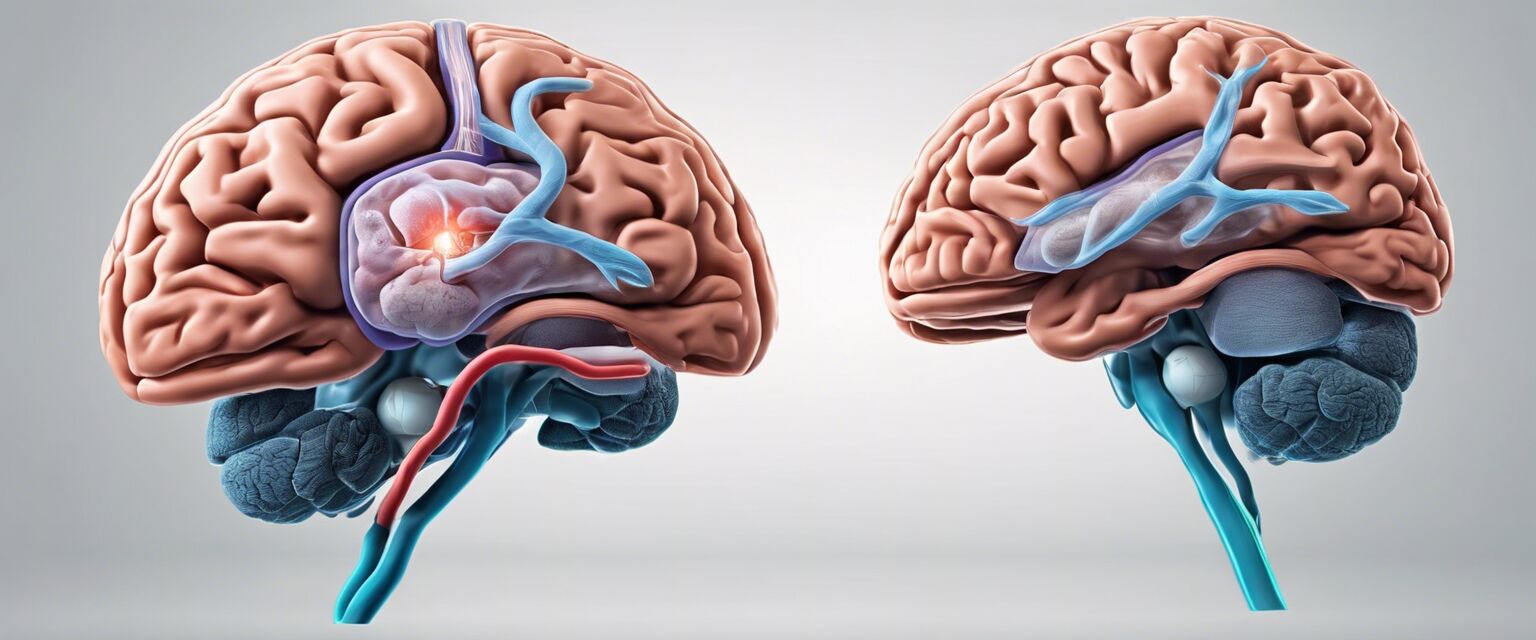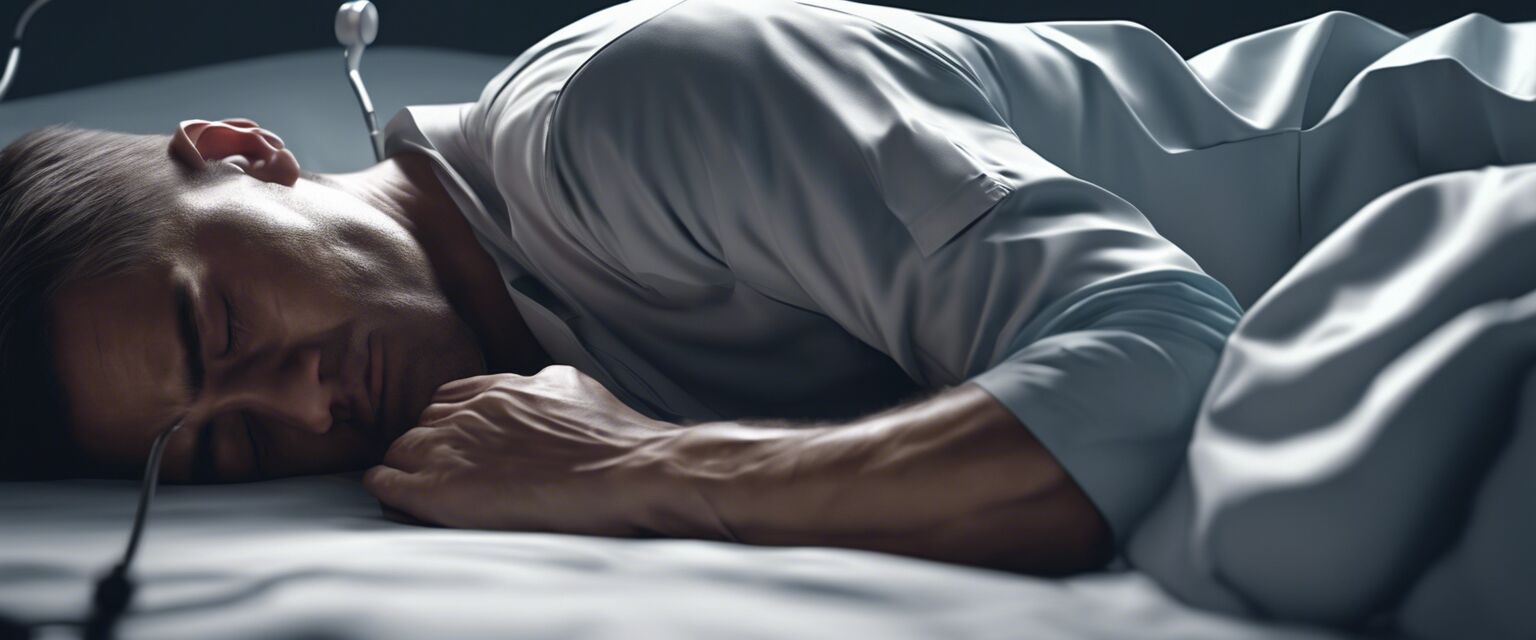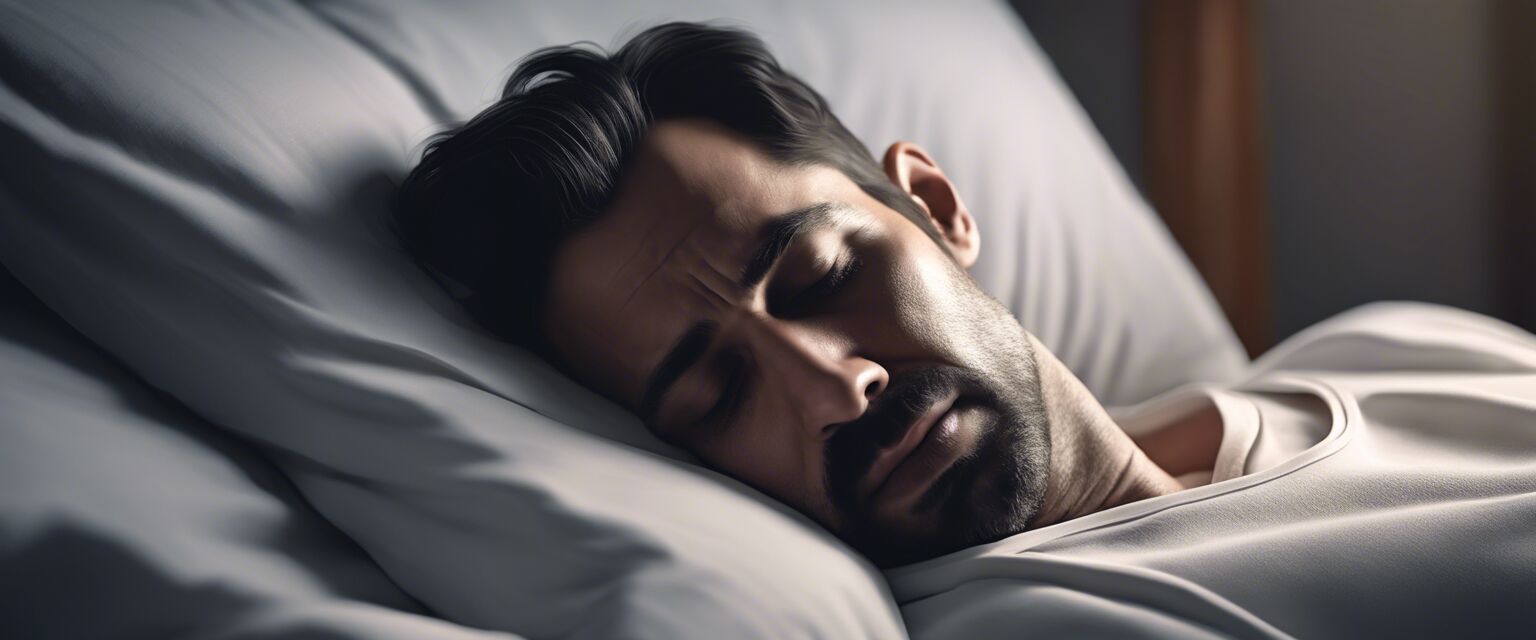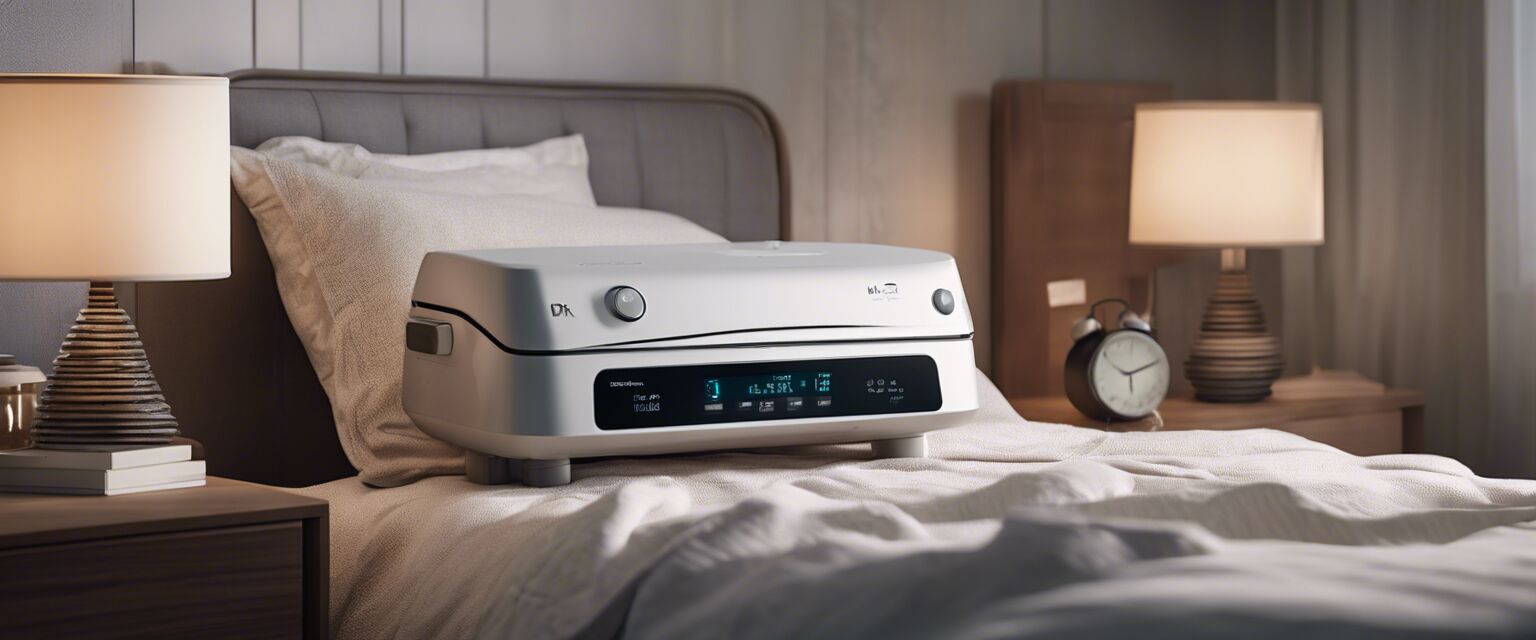
Symptoms of Sleep Apnea
Sleep apnea is a common sleep disorder that affects millions of people worldwide. It can be a serious condition that can lead to other health problems if left untreated. But how do you know if you have sleep apnea? Recognizing the symptoms is the first step towards seeking treatment and improving your sleep quality.
Key Takeaways
- Sleep apnea symptoms can be mild, moderate, or severe
- Common symptoms include loud snoring, daytime fatigue, and morning headaches
- Other symptoms may include insomnia, memory problems, and mood changes
- If left untreated, sleep apnea can lead to serious health problems
Common Symptoms of Sleep Apnea
The symptoms of sleep apnea can vary from person to person, but some common signs include:
- Loud Snoring: One of the most common symptoms of sleep apnea is loud snoring. If you snore loudly and frequently, it could be a sign that you have sleep apnea.
- Daytime Fatigue: If you feel tired and groggy during the day, even after a full night's sleep, it could be a sign of sleep apnea.
- Morning Headaches: Waking up with a headache can be a sign of sleep apnea, especially if you have a dry mouth or sore throat.
- Insomnia: If you have trouble falling asleep or staying asleep, it could be related to sleep apnea.
- Memory Problems: Sleep apnea can affect your memory and concentration, making it difficult to perform daily tasks.
- Mood Changes: Sleep apnea can lead to mood changes, such as irritability, anxiety, and depression.
Less Common Symptoms of Sleep Apnea
In addition to the common symptoms, some people may experience:
- Sleeping Disorders: Sleep apnea can lead to other sleeping disorders, such as insomnia, restless leg syndrome, and sleepwalking.
- Chest Pain: In severe cases, sleep apnea can cause chest pain or angina.
- Frequent Urination: You may experience frequent urination during the night, which can disrupt your sleep patterns.
- Dry Mouth: Sleep apnea can cause dry mouth, which can lead to other oral health problems.
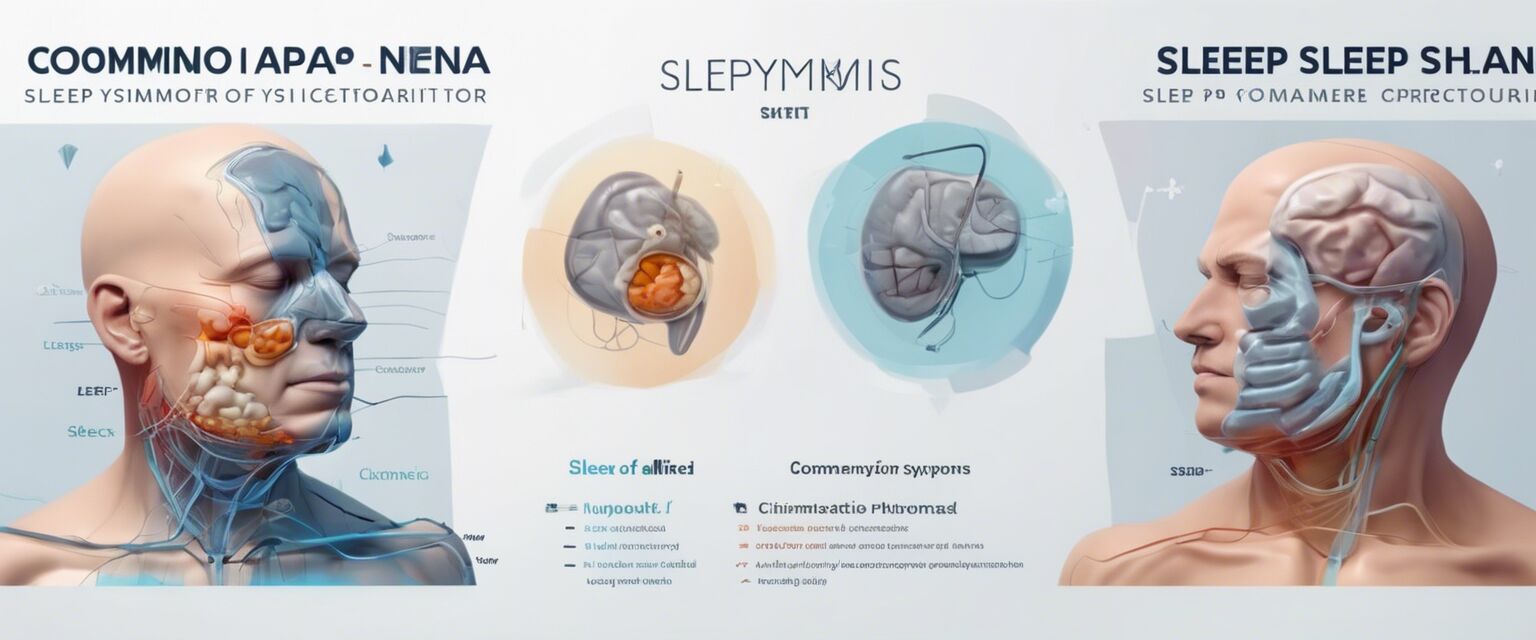
Risk Factors for Sleep Apnea
Certain factors can increase your risk of developing sleep apnea, including:
| Risk Factor | Description |
|---|---|
| Age | Sleep apnea is more common in people over 40 years old |
| Obesity | Being overweight or obese can increase your risk of sleep apnea |
| Family History | If you have a family history of sleep apnea, you may be more likely to develop it |
| Smoking | Smoking can increase your risk of sleep apnea and other health problems |
What to Do If You Think You Have Sleep Apnea
If you're experiencing any of the symptoms mentioned above, it's essential to consult with a healthcare professional. They can diagnose sleep apnea through a sleep study and recommend the best course of treatment.
In the meantime, you can try some sleep positioners to help improve your sleep quality. Additionally, humidifiers for sleep therapy can help reduce snoring and congestion.

Benefits of Diagnosing Sleep Apnea
- Early diagnosis can prevent serious health problems
- Treatment can improve sleep quality and overall health
- You can reduce your risk of heart disease, stroke, and other conditions
Consequences of Untreated Sleep Apnea
- Increased risk of heart disease, stroke, and other health problems
- Decreased quality of life and overall health
- You may experience mood changes, anxiety, and depression
Conclusion
Sleep apnea is a serious sleep disorder that can affect anyone. By recognizing the symptoms and seeking treatment, you can improve your sleep quality and overall health. Remember to consult with a healthcare professional if you're experiencing any of the symptoms mentioned above.

For more information on sleep apnea and sleep therapy, check out our CPAP machines and CPAP masks and accessories.
